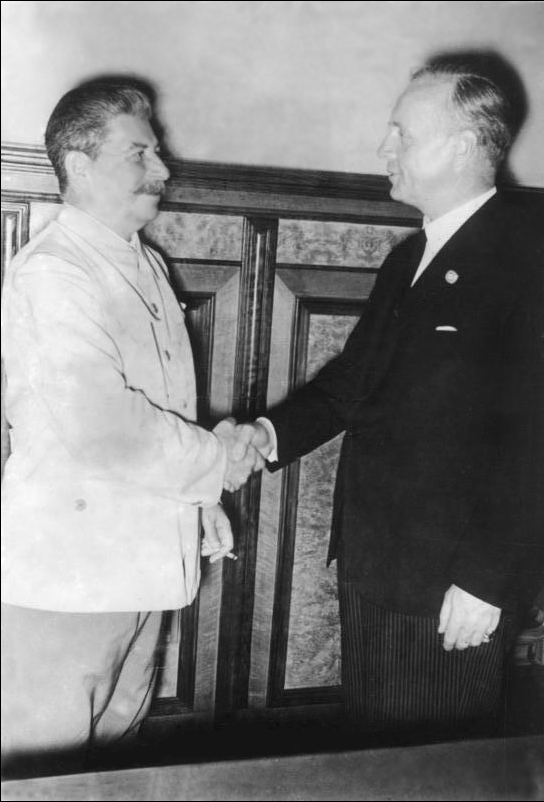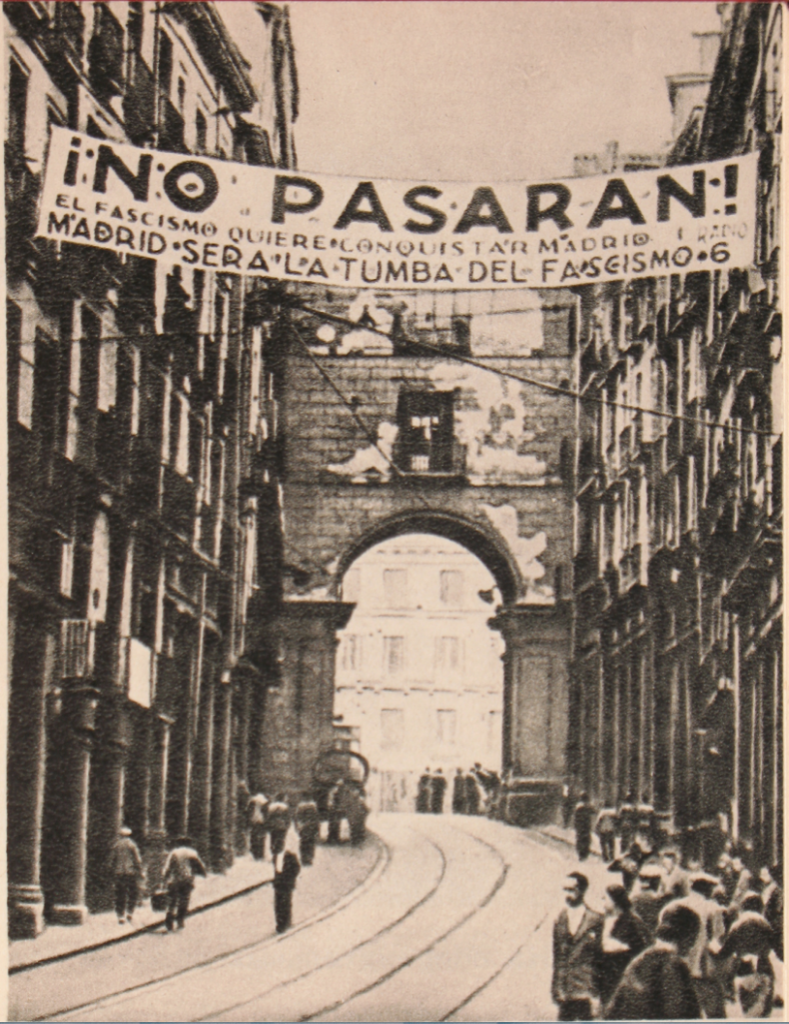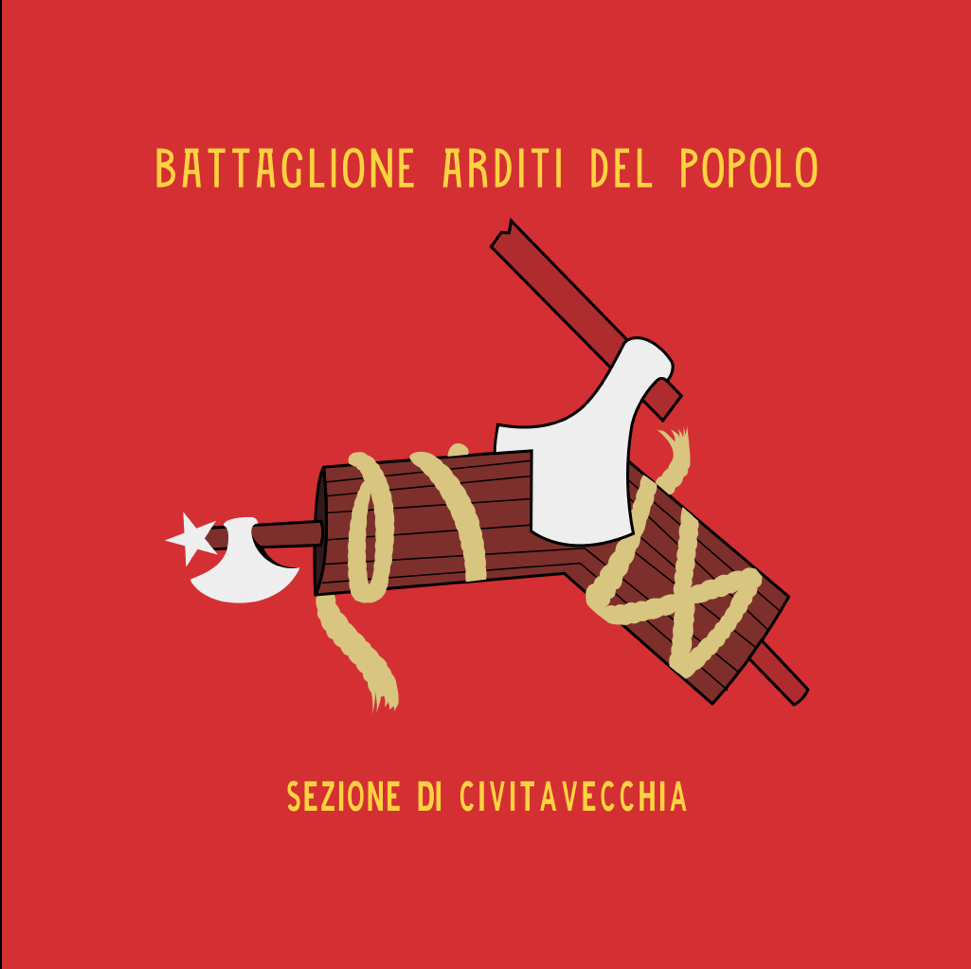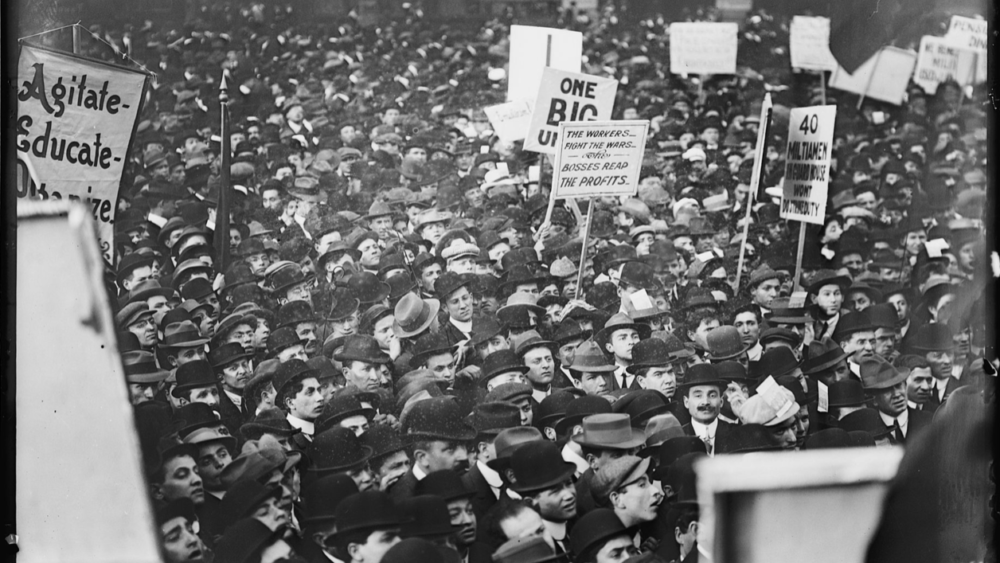The EU Parliament overwhelmingly passed a joint resolution which is paving the way to demonizing the progressive Left in an attempt to equate fascists to those who fought against them.
On September 19, nine members of the European Parliament, on behalf of the Renew Group (former Alliance of Liberals and Democrats for Europe, ALDE, now merged with Macron’s “Renaissance“), made a motion for a resolution which was adopted the same day by the European Parliament – with the votes of the People’s Party, the Social Democrats, the Liberals, the Greens and the Conservative Reformists. The foreword of this motion says that it aims “to wind up the debate“ on “the importance of European remembrance for the future of Europe“. The resolution stresses “the importance of keeping the memories of the past alive, because there can be no reconciliation without remembrance, and reiterates its united stand against all totalitarian rule from whatever ideological background“. And it calls on “all EU Member States to commemorate 23 August as the European Day of Remembrance for the victims of totalitarian regimes“.
This may all sound legit – but its false premises and potentially dangerous outcomes might require a whole book to analyse. It can be summed up in one simple sentence: it is an attempt to equate fascists to those who fought against them.
Written in masterfully perfected language of European bureaucracy, it rewrites the past, the present, and the future of the continent. The how and why of the matter is key in understanding the TINA logic of a seemingly strange coalition of European establishment and the far-right.
The backbone of this resolution is historical revisionism, that we have been witnessing all over Europe (and beyond) for decades. Its main focus is the history of the Second World War and the postwar period. The upsurge of historical revisionism is particularly strong in former socialist countries where the justifiable condemnation of Soviet violent expansionism is used to stigmatise communism, as well as other socialist and leftist ideas, and rehabilitate collaborators of the Nazis in WW2. In these cases of whitewashing history, there are intentional omissions of crucial facts: for instance, that those who opposed Soviet invasions in Hungary in 1956 and Czechoslovakia in 1968 were communists themselves, or that, in case of socialist Yugoslavia, it wasn’t part of the Warsaw pact, to begin with.

German-Soviet non-aggression pact
The new EP resolution uses the abominable Hitler-Stalin or Molotov-Ribbentrop (their foreign ministers) non-aggression pact as its starting point, giving it a curious twist: it explicitly says that the pact “paved the way for the outbreak of the Second World War”.
Does that mean that what Hitler was doing until that point was just fine? Persecution of Jews, annexations of Austria and Czechoslovakia, atrocities of the Spanish Civil War, were all just minor incidents that in no way paved the way to the outbreak of the war?
Like in every case of historical revisionism, important omissions follow statements based on half-truths, such as the omission of the Munich Agreement, signed by Nazi Germany, Fascist Italy, France and the United Kingdom, that paved the way to Nazi annexation of Czechoslovakia, or the Anglo-German Declaration of non-aggression that immediately followed it; or the lack of support for the antifascists in Spanish civil war from western democracies – the attempt at so-called “appeasement” of Nazi Germany. The resolution does not say that the initial pact between Nazi Germany and Japan signed in 1936 (later joined by Italy, Spain and several Nazi and Japanese puppet-states) was named Anti-Comintern Pact, stating communism as the main enemy of fascist forces. None of these facts exempt the Soviet Union from the responsibility for the Molotov-Ribbentrop pact.
But we do not see resolutions about the responsibility of liberal capitalism for the outbreak of WW2.

The other main point of the Resolution, related to and stemming from revisionism, is the insistence on the victims of “totalitarian regimes”, naming explicitly Stalinism and Nazism, but using Stalinism and communism interchangeably, like in the statement that “the Nazi and communist regimes carried out mass murders, genocide and deportations and caused a loss of life and freedom in the 20th century on a scale unseen in human history”. Equating racially-based genocides of the Nazi regimes with Stalin’s undeniable murders and mass incarcerations of political enemies is at least as problematic as ascribing Stalin’s crimes to communism. Equating ideology that has equality as its main goal with the one that advocates racial purity and genocide is logically untenable and hypocritical.
The only ideology, besides Nazi-fascism, that throughout the 19th and much of the 20th century used racism as a way to justify its crimes, was capitalism. Countless crimes – mass murders, genocide, and deportations – were committed, based on ideas of social Darwinism and inferiority of African, Asian, or Native American populations, all in the name of progress and gaining capital in the age of imperialism.
But its victims were (mostly) not European. Even today, the death toll of the battle for profit is rising every day, especially (but not exclusively) in Third World countries. Yet, there are no days or monuments commemorating victims of capitalism, even though the relation between the crime and the ideology is much easier to prove than that between Stalin’s crimes and communism.
Virtually no leftists – be they communists, social-democrats, anarchists, democratic socialists or any other kind – deny or whitewash the crimes of Stalinism, or take Stalin’s Soviet Union as their role model. So where does this need to condemn communism come from? One of the reasons is the renewed cold war against Putin’s Russia, reflected in the calling “on Russian society to come to terms with its tragic past”. Indeed, Putin’s administration has used invocations of Stalin’s times as the age of national strength, but never referring to communism. Stalin himself did not use the appeal of communism, but that of nationalist and imperialist sentiment, to mobilize the population for annexations of parts of Poland and the Baltic states. Regardless of its authoritarian regime and imperialist tendencies, today’s Russia is by no means the power that presents such danger as Stalin’s Soviet Union once did. But it is a powerful tool for fear-mongering and protecting the status quo in Europe, as well as absolving extreme nationalist governments of Eastern European EU countries.

The other reason creeping in from the pages of the Resolution is concealing the deficiencies of the current EU and the ever-expanding inequality gap between the countries of the “core” and those of the periphery, particularly in Eastern Europe. It states that, after the end of WW2, “some European countries were able to rebuild and embark on a process of reconciliation, while other European countries remained under dictatorships – some under direct Soviet occupation or influence – for half a century and continued to be deprived of freedom, sovereignty, dignity, human rights and socio-economic development” (my emphasis). This statement, aside from being a wrong and sweeping generalization, overlooks the fact that many of these countries, Russia included, went from being severely underdeveloped agricultural societies to industrialized countries with developed infrastructure and strong workers’ rights, not to mention a higher level of women’s emancipation than most countries of the capitalist center. It also intentionally simplifies the causes of contemporary unequal development within the EU, omitting important facts, such as the history of predatory privatizations during the so-called “post-socialist transition” period, and the very structure of the Union that ensures the perpetuation of inequality.
On the other hand, equating Nazism and fascism with communism, while resounding the US president’s reflections on “nice people on both sides” during conflicts between racists and antifascists in Charlottesville in 2017, enables European establishment to delegitimise and discredit its only true and viable opponent – the progressive Left.
The fact that this Resolution is a joint effort of the right-wing and neoliberal parties in the European Parliament shows that its declarations of concern over “all forms of Holocaust denial, including the trivialization and minimisation of the crimes perpetrated by the Nazis and their collaborators”, are just that. Rewriting the past of WW2, in which leftist antifascist movements, as well as the Soviet army, were the backbone of fight against Nazis all over Europe – in Italy, Greece, Yugoslavia, France – means rewriting the future of Europe, in which only the progressive and internationalist radical agenda can overcome the horrific results of neoliberal policies and the upsurge of neofascist forces that those policies enabled.
The “EP resolution on remembrance” aims at maintaining the status quo that brought the continent and the planet on the verge of collapse. We have to fight it!
A touch of irony for the end. One of the most cynical, though often unnoticed facets of the resolution is its condemnation of “totalitarian regimes”, in the age of surveillance capitalism (term created by Shoshana Zuboff). Totalitarianism implies total control over all aspects of citizens’ lives, and both Hitler and Stalin could only have dreamt of the means that surveillance capitalism offers to states, as well as big businesses, to control the most intimate desires and actions of entire populations.
Milena Repaji is a historian and member of DSC Belgrade 1
Photo on top: Socialist’s demonstration on Mai 1, 1912 at Union Square, New York City
Do you want to be informed of DiEM25's actions? Sign up here















